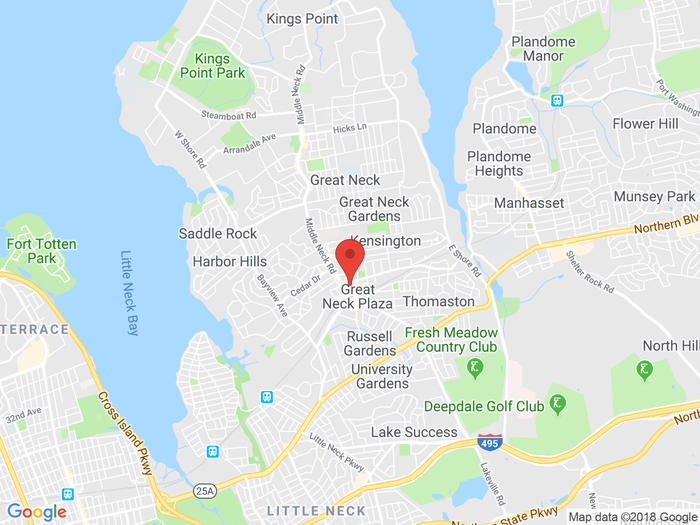Blog
Why Does Changing Your Toothbrush Matter?
Do you remember going to the dentist growing up and getting a new toothbrush every visit? That wasn't just their version of "bribing" you with a gift, there's a reason they do this and it's for your teeth's own good. In fact, brushing your teeth with an old toothbrush can actually do the opposite of clean it.
The more you use your toothbrush, the more bacteria and germs that build up between the bristles. The last thing you want is to put your teeth and gums at risk of infection. This is especially true when you’re sick, which is normally the reason people have difficulty getting over their cold or flu.
Of course, toothbrushes get worn out over time. In addition to keeping them free of bacteria, swapping out your toothbrush often will ensure they perform at an effective rate.
How Often Should You Change Toothbrushes?
As recommended by the American Dental Association, you should be swapping out a new toothbrush every 3-4 months. For many people who see the dentist 4 times per year, a dentist visit can always be a good reminder to pick up a new toothbrush.
There will be certain scenarios that might cause you to swap your toothbrush out sooner. For example, people with braces will notice the bristles become weak much quicker than people without braces. Here are several other reasons why someone might change their toothbrush:
- Bristles are no longer straight
- Following any illness or sickness
- Throat infections or sore throat
- Mouth sores or canker sores
If you want to keep your toothbrush clean and prevent the risk of re-infection, keeping several extra toothbrushes on deck will keep you prepared for those unexpected moments. Many stores will carry toothbrushes at a discount when bought in a bundle.
Does the Type of Toothbrush Matter?
Believe it or not, toothbrushes come in various sizes and with different features. While many dentists will recommend transitioning to an electric toothbrush, those aren’t always affordable for some people. Knowing which toothbrush is best for you can help save your gums and teeth from unusual decay and damage.
You’ll likely find it easier to brush with a smaller toothbrush head, opposed to a large one. The main thing here is that you’re able to clean all the tough-to-reach places in and behind your teeth. If you prefer a larger head and are still able to get a full clean, go for it.
As far as the type of bristles, most people will want to choose a soft toothbrush. Your dentist might recommend a tougher one to deal with plaque, but these bristles can actually harm your enamel and gums when brushing too hard.
In order to get the most out of your toothbrush, make sure to store it upright when finished so it can properly dry. The longer it stays wet, the more bacteria and germs will build up. Give it a good rinse before storing away -- and always remember to brush twice per day.
There’s much more to toothbrushes than you thought, but proper care will only help you in the long run.
Contact Us
Never been happier with a dentist before! The professionalism, individual care, sparkling clean office, and the range of services are amazing. Highly recommended!

